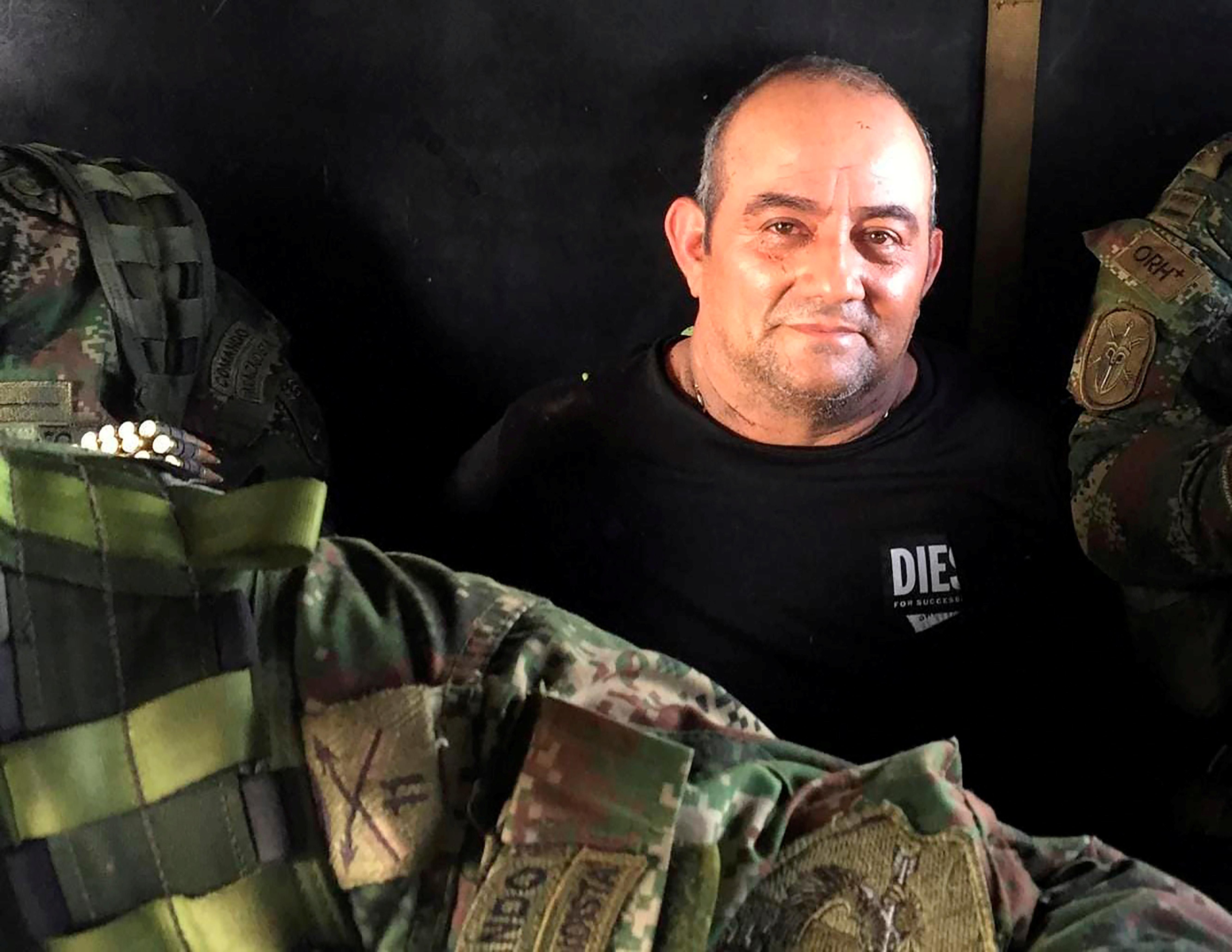Colombia nabs top drug kingpin: Colombian security forces have arrested Dairo Antonio Usuga, the most-wanted drug kingpin in the country since Pablo Escobar. Usuga – known by his alias Otoniel – is head of the notorious Gulf Cartel, and will likely be extradited to face a slew of charges in the US, which had a $5 million bounty on his head. While some say Otoniel's capture is a big win for Colombia, others say that rather than striking a blow to narco-related violence, the strategy of taking down kingpins creates more power struggles within cartels, in turn leading to more violence and bloodshed. This was the case following the 1993 death of Escobar and the 2016 arrest of "El Chapo" Guzmán in Mexico. Still, if Otoniel spills the beans on his operations in exchange for a lighter sentence in America, that could provide critical intelligence for Colombian and US drug enforcement to better target other narcos at a time when large swaths of rural Colombia are now ruled by gangs, contributing to regional instability.
